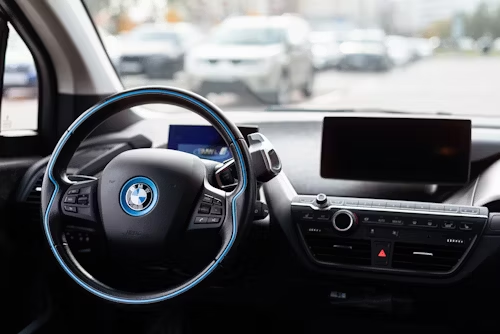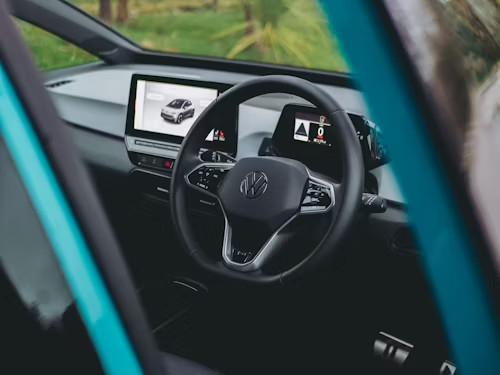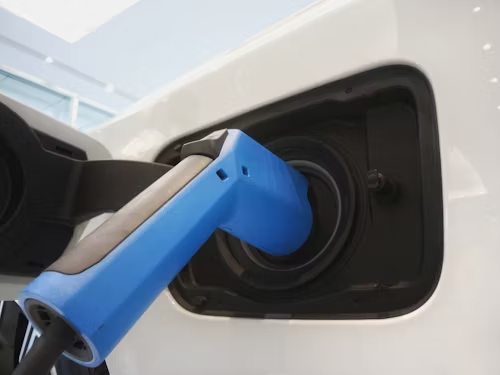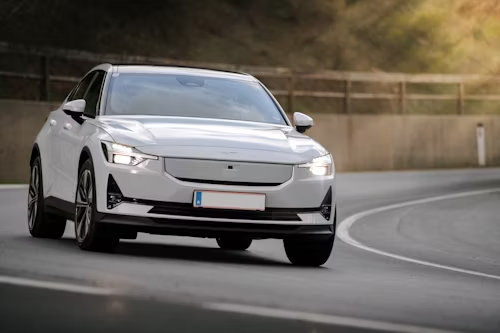Exploring the Future of Transportation: Custom Electric Vehicles and Smart Mobility Solutions
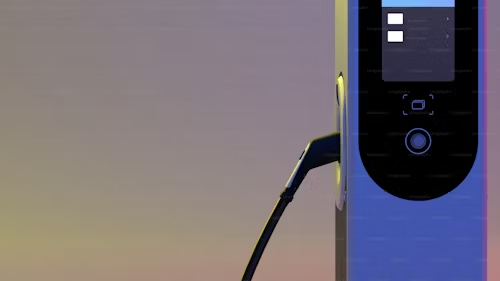
As the world moves towards a more sustainable and environmentally friendly future, electric vehicles (EVs) are gaining significant attention. Not only are they essential for reducing greenhouse gas emissions, but they also offer innovative ways to meet the diverse needs of modern transportation. This post delves into the exciting realm of custom electric vehicles, electric mobility solutions, car conversion services, and smart vehicle conversions, highlighting how these developments are reshaping the automotive landscape.
The Rise of Custom Electric Vehicles
Custom electric vehicles are at the forefront of the automotive industry's transformation. These vehicles are tailored to meet specific personal or business needs, offering unique designs, performance characteristics, and functionalities that standard EV models may not provide. Whether it's for individual consumers who want a car that stands out, or for companies requiring specialized utility vehicles, custom electric vehicles are increasingly becoming the solution.
- Personalization Options: From aesthetic enhancements like custom paint jobs and interiors to performance upgrades such as increased battery capacity and advanced motor technologies.
- Specialized Features: Adaptations for various professional uses, including extended cargo spaces for delivery companies, or advanced telematics for fleet management.
- Innovation in Design: The freedom to design vehicles that reflect the latest trends in technology and sustainability, pushing the boundaries of what is currently available on the market.
Electric Mobility Solutions: Adapting to a Greener World
Electric mobility solutions encompass a broad range of products and services designed to facilitate the adoption and use of electric vehicles. These solutions are vital in creating an ecosystem that supports the practical use of EVs, tackling issues from charging infrastructure to software systems for managing vehicle operations.
- Charging Infrastructure: Development and deployment of public and private charging stations to ensure accessibility and convenience for EV users.
- Battery Technology Innovations: Enhancements in battery technology that improve the efficiency, cost, and lifespan of EV batteries, making electric vehicles more appealing and practical.
- Integration with Renewable Energy: Solutions that integrate EV charging with renewable energy sources, such as solar or wind power, to further reduce the carbon footprint of electric vehicles.
- Smart Grid Technology: Advanced grid systems that can efficiently manage the additional load from EVs while optimizing energy consumption across the network.
Car Conversion Services: Turning the Old New Again
Car conversion services are transforming the way we think about older vehicles. By converting existing internal combustion engine vehicles into electric ones, these services provide a sustainable alternative to purchasing a brand-new EV. This not only extends the life of the vehicle but also reduces waste and the environmental impact associated with manufacturing new cars.
- Eco-Friendly Upgrades: Replacing the combustion engine with an electric motor and batteries, thus reviving old cars and reducing environmental waste.
- Cost-Effective Solutions: Offering a cost-friendly alternative to buying new electric cars, making it more accessible for a broader audience to adopt EV technology.
- Customization Potential: Allowing for further customization in terms of power, range, and design during the conversion process.
Moreover, these conversion services are not just limited to cars but also extend to buses, trucks, and even motorcycles, broadening the scope of electric mobility.
Smart Vehicle Conversions: Enhancing EVs with Advanced Technologies
Smart vehicle conversions involve incorporating advanced technologies into electric vehicles to enhance their functionality and interactivity. This segment of the market is rapidly evolving, offering features that make EVs safer, more efficient, and more connected than ever before.
- Autonomous Driving Features: Implementing systems that allow for partial or full autonomous driving capabilities.
- Connected Car Technologies: Integration of IoT devices that enable vehicles to communicate with each other and with infrastructure, improving traffic management and safety.
- User Experience Enhancements: Advanced infotainment systems and customizable user interfaces that improve the overall driving and ownership experience.
- Energy Management Systems: Sophisticated systems that optimize battery usage and energy consumption based on real-time data and driving patterns.
These enhancements not only increase the appeal of custom electric vehicles but also contribute to the broader adoption of EVs by offering cutting-edge features that align with the expectations of modern consumers.
Conclusion: Driving Towards a Sustainable Future
Custom electric vehicles, electric mobility solutions, car conversion services, and smart vehicle conversions represent key facets of the automotive industry's shift towards sustainability. By embracing these innovations, consumers and businesses alike can contribute to a greener, more efficient future. As technology continues to advance, the potential for further innovations in electric mobility is vast, promising even more exciting developments in the years to come.
Whether you are a car enthusiast looking to customize your ride, a business aiming to optimize your operations, or someone interested in converting an old vehicle into an electric model, now is the time to explore these opportunities. The shift towards electric vehicles is not just a trend but a significant move towards reducing our environmental impact and embracing cleaner, smarter, and more efficient forms of transportation.
As we continue to innovate and adapt, the roads of the future look promisingly electric, tailored, and smarter. It's an exciting time to be part of this transformative journey in the world of mobility.

